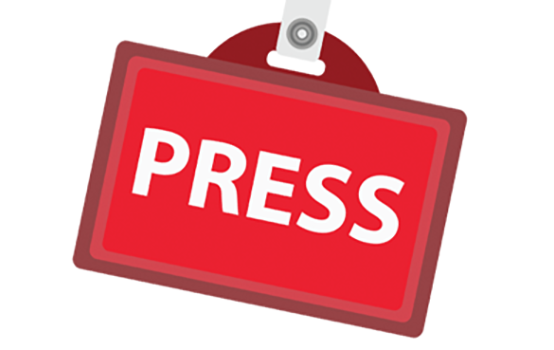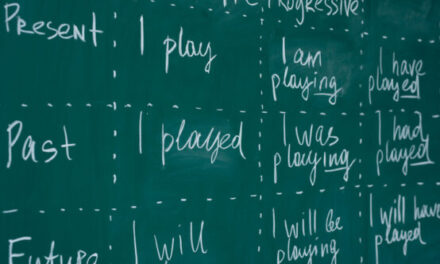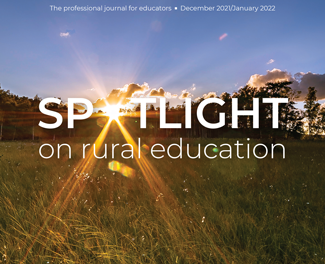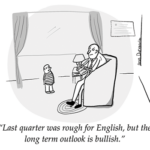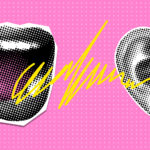I never thought of myself as a vocational student when I was in high school. But, in fact, my daily high school newspaper class was a practical course with direct career implications.
For one hour five days a week — plus scads of hours after school — my classmates and I did everything that was required to publish a four-page newspaper twice a month. We learned how to make decisions about what we would cover in each issue, write headlines, get a bid from a printer, use a pica pole to measure a picture, paste up pages, and whittle columns of text down to size. We also learned quite a few things that the school board may not have intended, like how to deal with recalcitrant writers, how the First Amendment applies even to student journalists, and how to defend ourselves against an angry principal.
Doing this work built a bridge between what we learned from textbooks in other classes and the very real process of creating, manufacturing, and distributing a product. Did we see a connection between what we learned in English, civics, math, and Spanish? You bet we did. We also learned a lot about ourselves and how we would fit into the adult world of work.
This year, in the PDK Poll of the Public’s Attitudes Toward the Public Schools, Americans are sending a clear message that they want all students to have preparation that’s just as practical. Americans aren’t turning their backs on academics, but they are sending a clear message to policy makers that an education that includes only academics is insufficient preparation for being an adult in the United States today. And they’re right about that.
Somehow, in the past 20 years or so, we got off track, and vocational education became the ugly stepchild of K-12 schools when we started promoting “college for all.”
That was supposed to be an antidote to overt and subtle tracking of poor and minority kids into “industrial arts” rather than college prep courses.
However, what was a well-intentioned and even lofty goal missed the mark. In too many schools, the response was to herd children into college prep courses that didn’t suit them and simultaneously shut down vocational classes that did.
Worse, by signaling that college was the primary goal, we managed to telegraph that working with your hands was lesser and that only a college education could be the ticket to the middle class and a good future. Americans simply have too much common sense and experience to believe that is the case.
As philosopher physicist Matthew Crawford said far more eloquently in a 2015 Kappan article: “We’ve developed a dichotomy of knowledge work versus manual work as though they were mutually exclusive. . . . Because the work is dirty, many people also assume it is stupid.
“The trades are not for everybody — just as college is not for everybody — but working at a trade can be a good life for someone who wants to use his or her mind at work,” writes Crawford.
What Americans are saying in this year’s poll is that they want a course correction. They don’t want academics elevated above all else. They don’t want career courses treated as an afterthought. They want schools to blend the academic and the practical. That means job-related classes plus attention to the kind of social skills that we all know make a difference in the workplace.
None of this should be surprising. Work is woven into the psyche of America. No matter where your people came from, one of the ties that binds together all Americans is an ethic that says that work matters. We want to be productive. We want to take care of ourselves. Immigrants have always come to this country because America offers the hope of jobs and with them a good quality of life. When Americans in the PDK poll ring the bell for more career preparation, they are simply joining a chorus that has sounded across this nation for generations.
I treasure a high school course that gave me hands-on experience and launched me on a pathway into a career I have loved. That is something that all students deserve, whether they’re future teachers, computer coders, cosmetologists, or tomorrow’s journalists.
Originally published in September 2017 Phi Delta Kappan 99 (1), 4.
© 2017 Phi Delta Kappa International. All rights reserved.
ABOUT THE AUTHOR

Joan Richardson
JOAN RICHARDSON is the former director of the PDK Poll of the Public’s Attitudes Toward the Public Schools and the former editor-in-chief of Phi Delta Kappan magazine.

